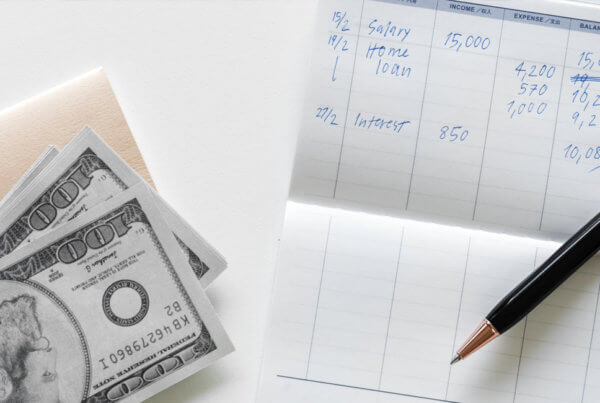What exactly are old collections?
When an account becomes severely past due, the account is turned over to collections by the creditor. This generally occurs between 60 and 180 days of being overdue. The creditor will either pass it on to their in-house collections department, or sell the debt to a an outside collection agency. The collection agency then become the “owner” of the debt, and can begin pursuing you for repayment.
If you have old collections on your credit report, then you know it can drop your FICO score significantly. Let’s discuss how collection accounts from your credit profile can be removed?
When you are thinking about paying off old collection accounts, the date reported should be noted. The older the reporting date, the better. If you were to pay off the collection, you would be changing the date reported to today. This action will temporarily make the credit score go down.
My credit contains old collection accounts, should I pay those off first or focus on current/open debt?
There are different factors on which your payment of old collection accounts depends. If the collections are a settled amount and are not accruing interest or penalties, it is advisable to pay off the credit card first as it accrues interest on the debt.
The general rule is to pay off whatever is costing you more to have outstanding. This means the interest that accrues every month and of course, penalty you might incur from missing an agreed repayment schedule.
How paying off old debts affects your score
Debt collections are bad for your credit report for sure. Now, any past due account along with old collection accounts leaves a negative mark on your credit. The factors below will help you decide whether or not the old collections should be paid off first or not.
The Statute of Limitations
A debt actually becomes time-barred after an account has been inactive for a long period of time. The best way is to find out the statute of limitations in your state to help decide whether you should pay an old debt. Keep in mind, a debt statute may be reset if ANY activity occurs on the account, sometimes even acknowledgment of the account.
Moral Obligation
Since you’ve already consumed the goods or services financed by the debt, it’s your moral responsibility to pay for it. For old debt collections, you can have the debt collector first validate the debt. Then, decide if you should pay it off.
Impact on your credit score
According to FICO, paying an old collection debt won’t hurt your credit score, as long as it is not listed in the credit reports.
Future Credit card and Loan applications
New loan or credit card applications may not be approved easily as long as you have outstanding debt on your credit report. Or, if you get approved, you may not be offered a very good interest rate.
So never pay old collections?
Not exactly. Pay them when it makes sense to for you personal financial situation. Unfortunately, simply paying off a collection account without getting it removed from your credit reports won’t improve your credit scores. As long as a collection account is listed on your credit reports, it’ll have a negative impact on your credit scores.
While it’s discouraging to know that paying collection accounts won’t directly help your credit scores, remember that as this information gets older, it’ll have lesser of an impact. That’s particularly true if new, positive credit references are in process.
Paying off an old debt won’t necessarily do much to reduce the negative credit score caused by the delinquency.
How to Remove Collection Accounts from Your Credit Reports
The stain of collection accounts on the credit reports lowering the credit score can be removed using the following steps.
- Do a little homework to get information from your credit reports and your own records. Pull all reports, review and have a good understanding of your credit picture.
- Dispute any lingering debts or error in collection accounts.
- Seek Goodwill Deletion if you already paid the debt.
Benefits of Paying the Old Debt
You may not want to spend money to clear off an old collection debt. But, it can be a good feeling, and it does have some benefits.
Improves points in the payment history portion of your credit score report.
- Debt-to-income ratio decreases
- New credit can be easier to obtain as you will have less obligations.
- If the collections are a settled amount and do not accrue interest or penalties, it’s advisable to pay the credit card first as it is accruing interest on the debt.
The rule of thumb is to pay off whatever is costing you more to have outstanding. This means interest that accrues every month and any penalty you might incur from missing an agreed upon repayment schedule.
It’s a stressful, tedious process to clear off your collections account. That said, you must still persevere and get it done to avoid further negative marks on your credit account.




